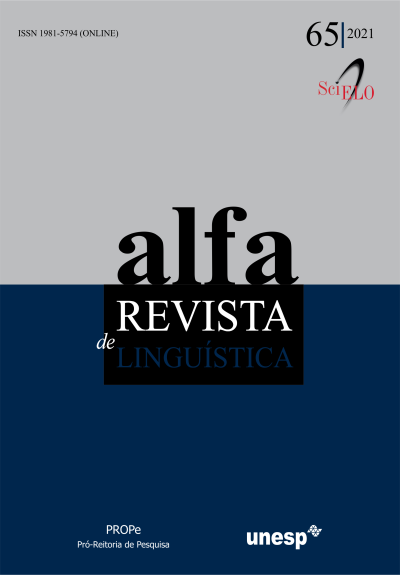A case of parrhesia
courage in discourse and its effects
DOI:
https://doi.org/10.1590/1981-5794-e12419Keywords:
discourse analysis, parrhesia, Jean WyllysAbstract
This article aims to analyze the meanings of parresia and its effects in a pronouncement by a Brazilian federal deputy in which there is a break with the hegemonic discursive productions. More precisely, we describe and interpret the production and emergency functioning of parrhesia as a configurator of meanings in a statement constituted and formulated within the voting of the impeachment of President Dilma Rousseff’s presidency in 2016 by Jean Wyllys. Thus, when we consider the postulate of the Discourse Analysis formulated by Pêcheux that subject and sense are at the same time constituted in the historical movement, we understand that the parresia, here taken as Foucault observes it in his last works, produces, to a single time, certain senses and subjects circulating in the social space. Given this framework, we will use the theoretical and methodological apparatus of Discourse Analysis to investigate how truth-telling is constructed and what its effects are in the wake of resistance against discursive hegemony.
Downloads
Downloads
Published
How to Cite
Issue
Section
License
Manuscripts accepted for publication and published are property of Alfa: Revista de Linguística. It is forbidden the full or partial submission of the manuscript to any other journal. Authors are solely responsible for the article's content. Translation into another language without written permission from the Editor advised by the Editorial Board is prohibited.

